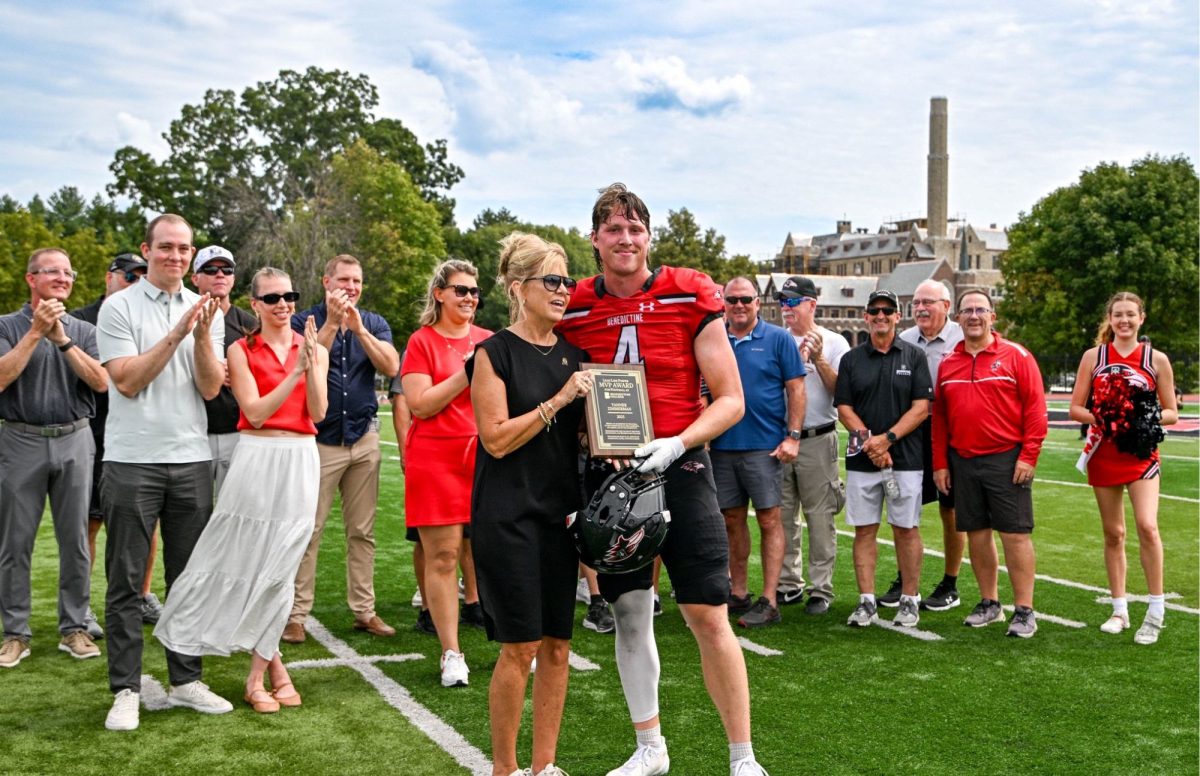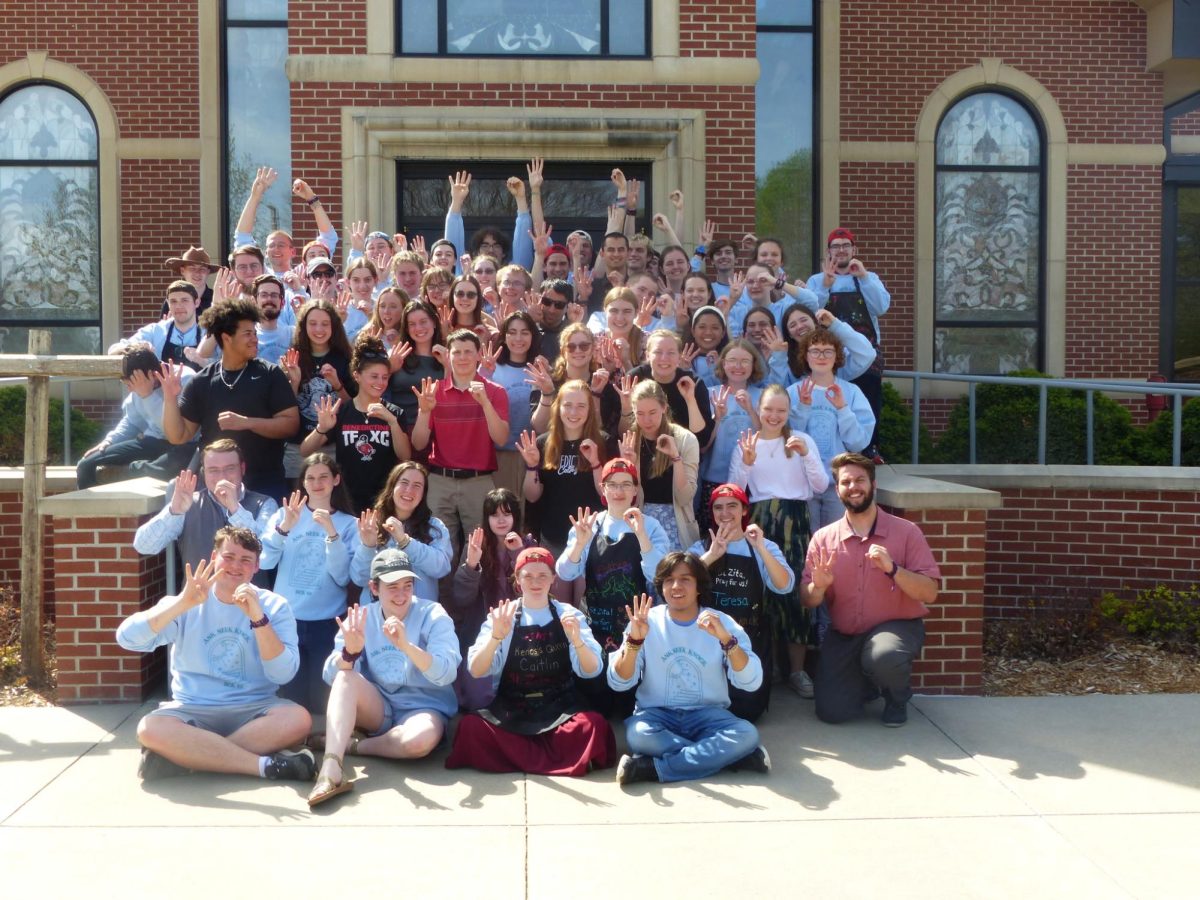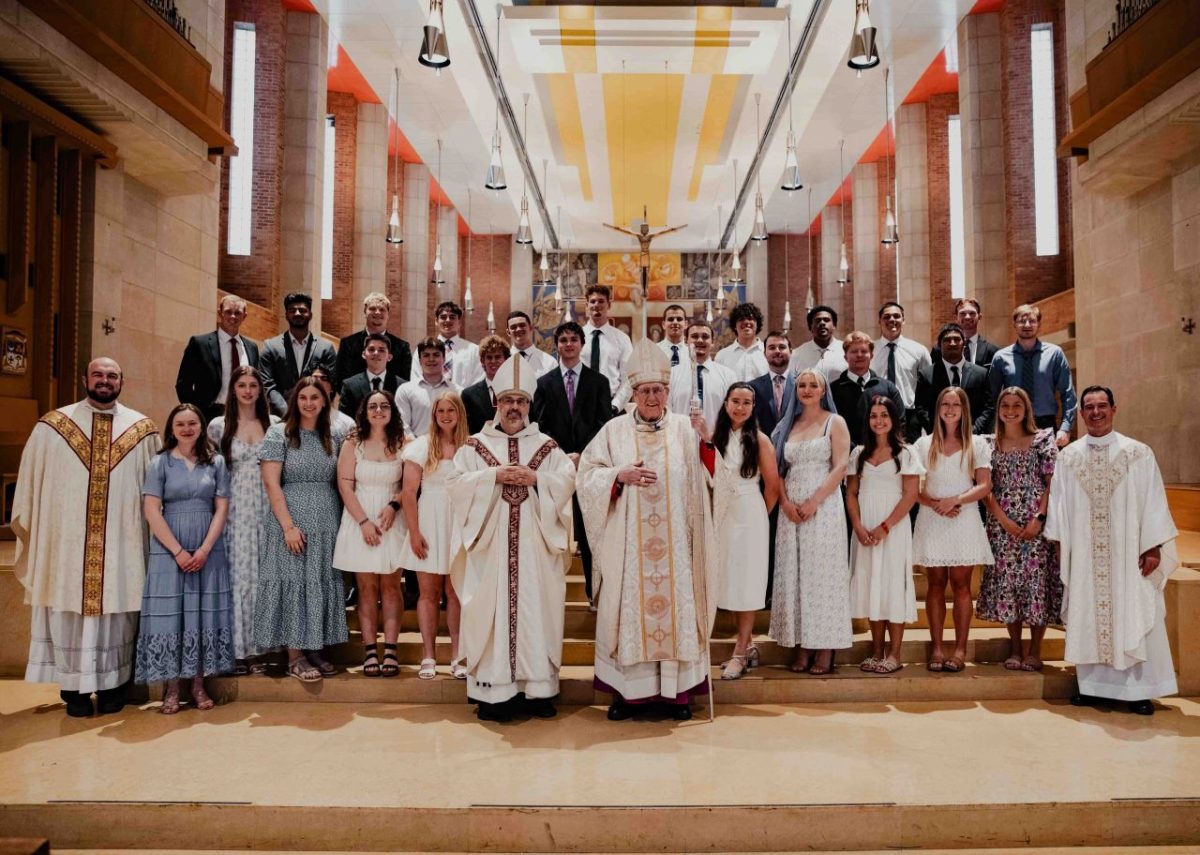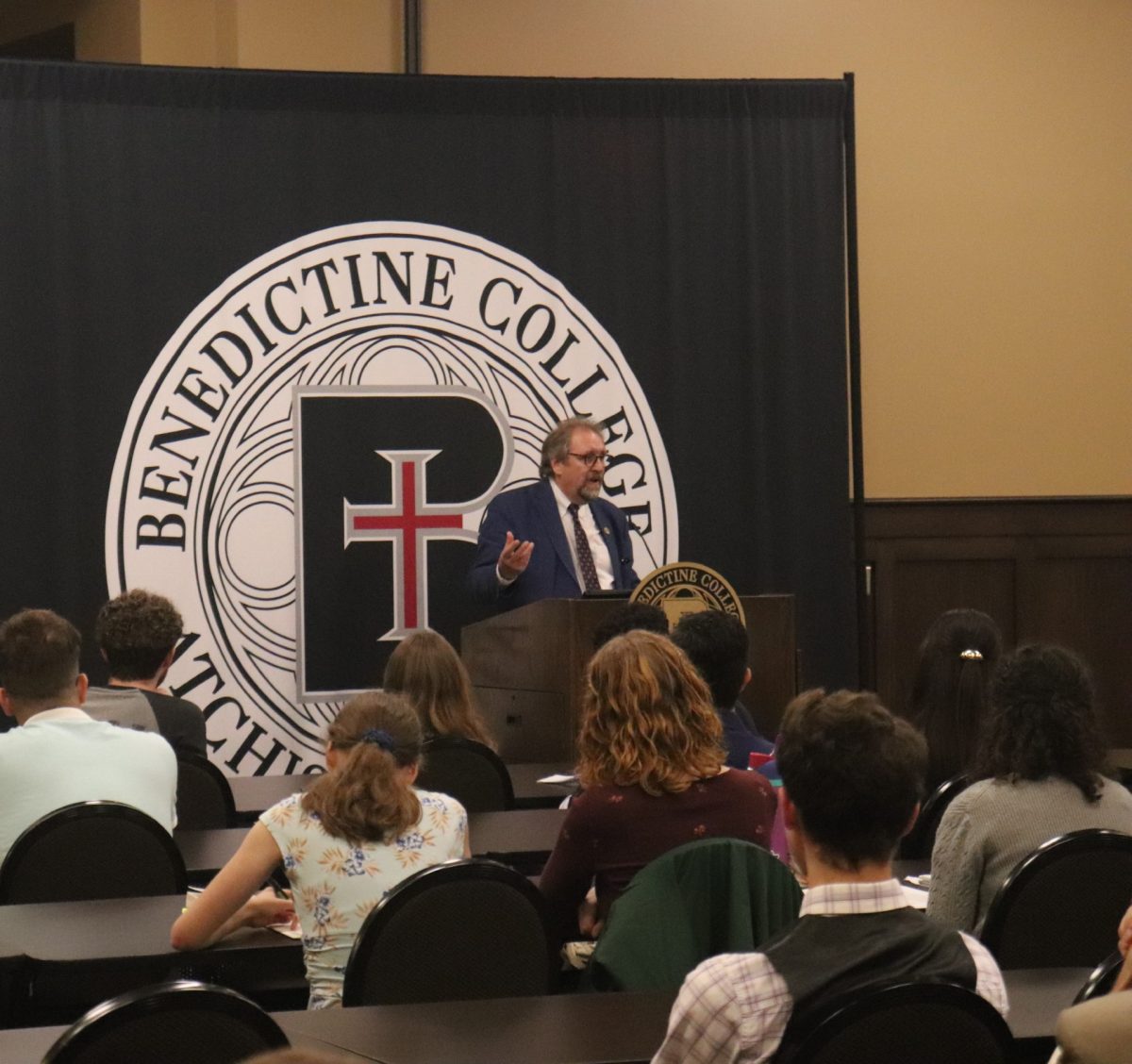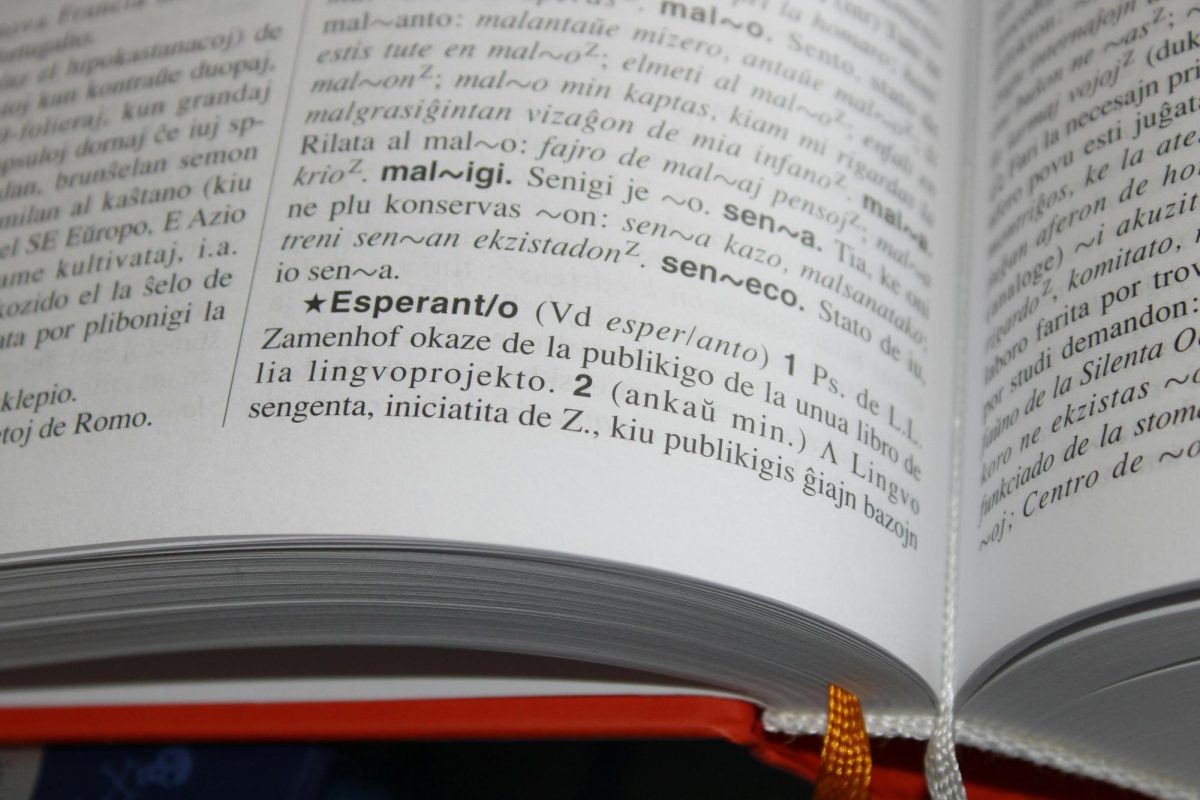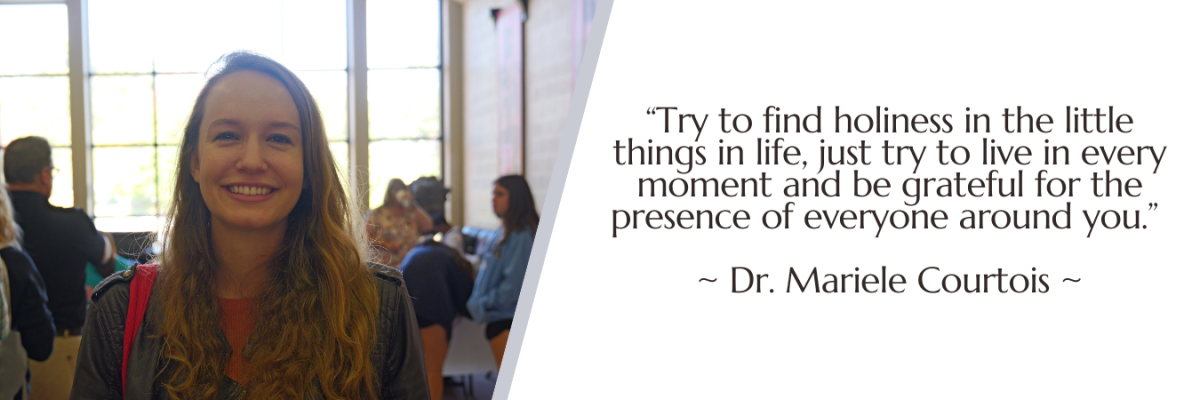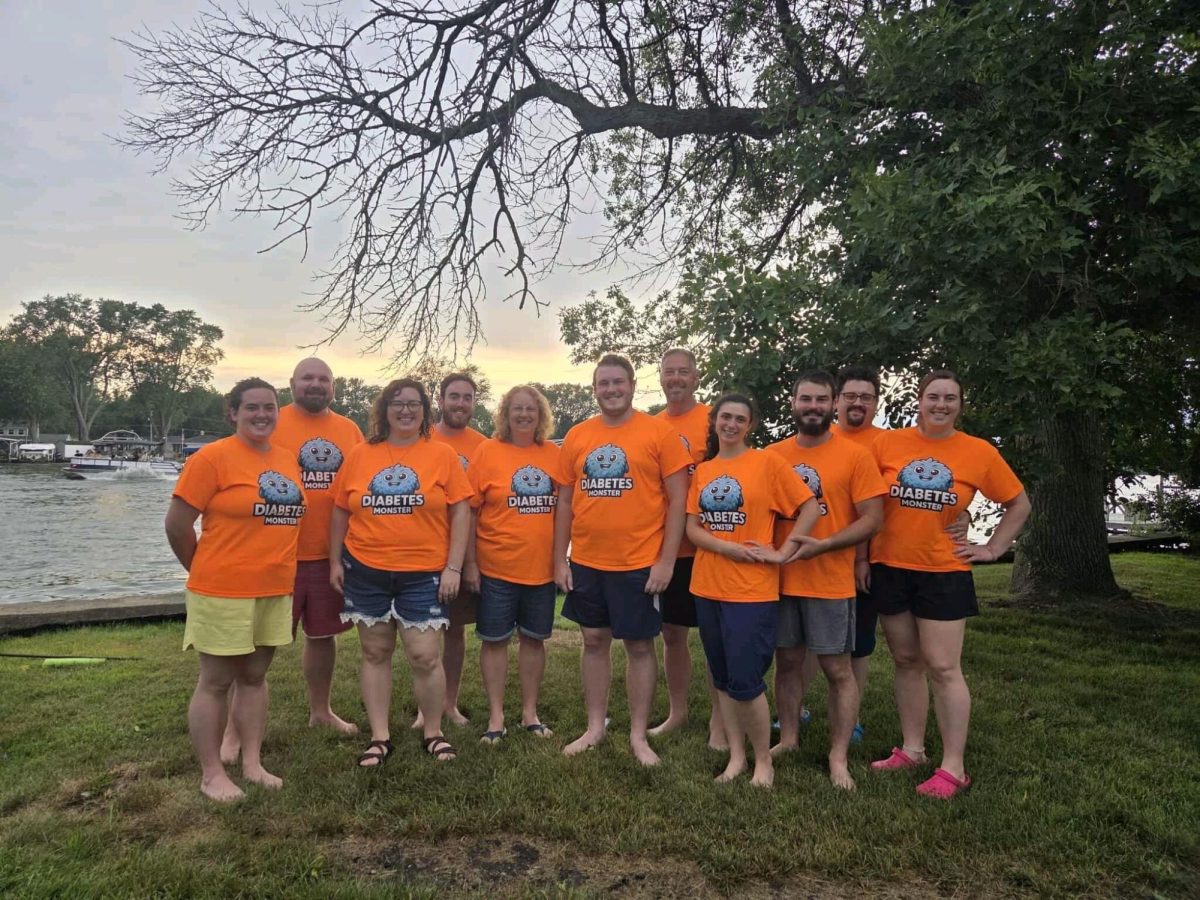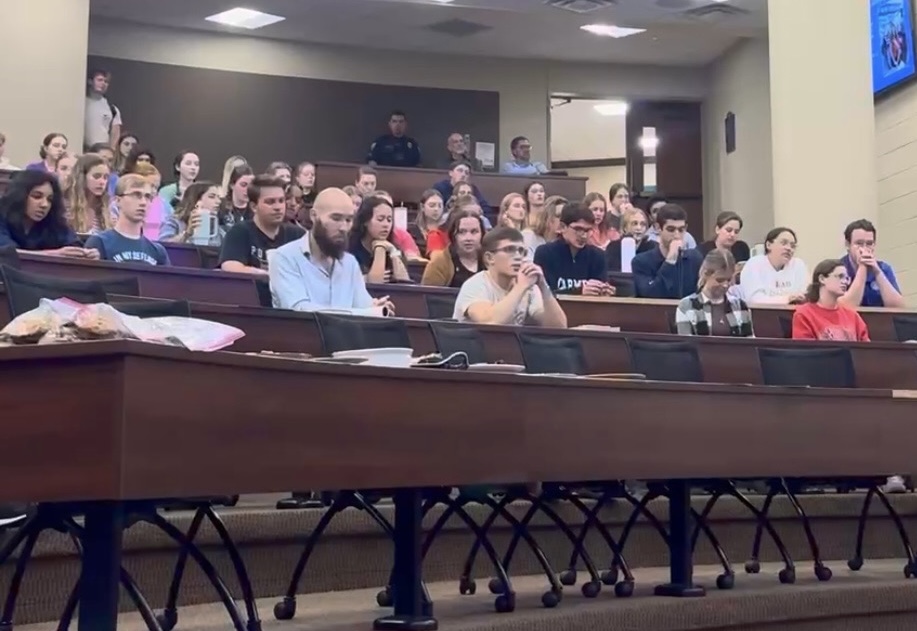Benedictine students are committing to a goal larger than themselves in a Half Marathon for Holiness, taking place April 23.
Each year, Benedictine students participate in a challenge of endurance to find purpose in sacrifice and friendships in a shared struggle.
Runners meet early each morning to accomplish a daily goal together in preparation for the event. The body, however, is not the only facility needing toning. Time in St. Benedict’s church, which hosts perpetual adoration, is frequently attended before group workouts. After all, this marathon is dedicated to reaching higher communion with God and each other.
Running and participating in physical challenges is shown to be highly beneficial to mental health, according to a study labeled “Exercise and Mental Health” published in health magazine Maturitas. Exercising is shown to heighten endorphins—the happiness hormone—which gives a more positive mindset.
“Exercise can bring about many physiological changes which result in an improvement in mood state, self-esteem and lower stress and anxiety levels,” the study added.
Jessica Mannella, a sophomore at Benedictine, has found renewed passion towards running as well as a channel of grace through participating in the challenge.
“I used to run in high school and just absolutely loved it. I was never a fast runner, but I just liked doing it. Coming to college, I lost a lot of that. So, committing myself to something and the time management aspect as well as suffering brings us closer to the Lord,” said Mannella.
Starting the morning with something challenging like training for a marathon will leave one with enough pep and pride to start the day. Benedictine student runners, however, claim to be motivated by something greater than their own interests. Holiness, it seems, is the driving force behind every mile accomplished. How does holiness become accessible through simply kicking one foot in front of the other?
“There’s no way I’m doing this without the help of God,” said Alexis Lange, a trainee for the race.
According to Pope Francis’ apostolic exhortation, Gaudete et exsultate, the Holy Spirit doesn’t withhold graces for those who resemble everyday people — the “Saints next door” — as the he calls them. The fruits of the Church are greatly realized through the holy acts of many ‘everyday’ people.
“[The marathon training] …is a good discipline to force yourself to wake up earlier than you normally do in the morning and get together as a group to accomplish something that can be very painful sometimes and with the help of God you can accomplish it,” said Maureen Duffy, a trainee.
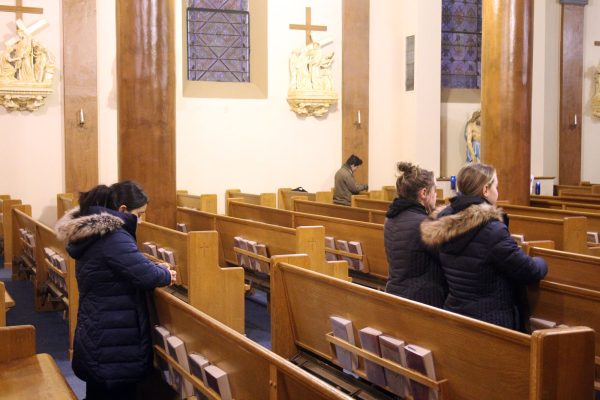
Practicing dependence and calling on the saints and angels for help, while supporting peers to foster an environment of growth is the chosen route to success for Benedictine student runners.
Pope Francis believes strongly in the power of little acts of faith among laypeople changing hearts through how they exemplify the accessibility of holiness.
He said in Gaudete et exsultate, “A community that cherishes the little details of love, whose members care for one another and create an open and evangelizing environment, is a place where the risen Lord is present, sanctifying it in accordance with the Father’s plan.”
